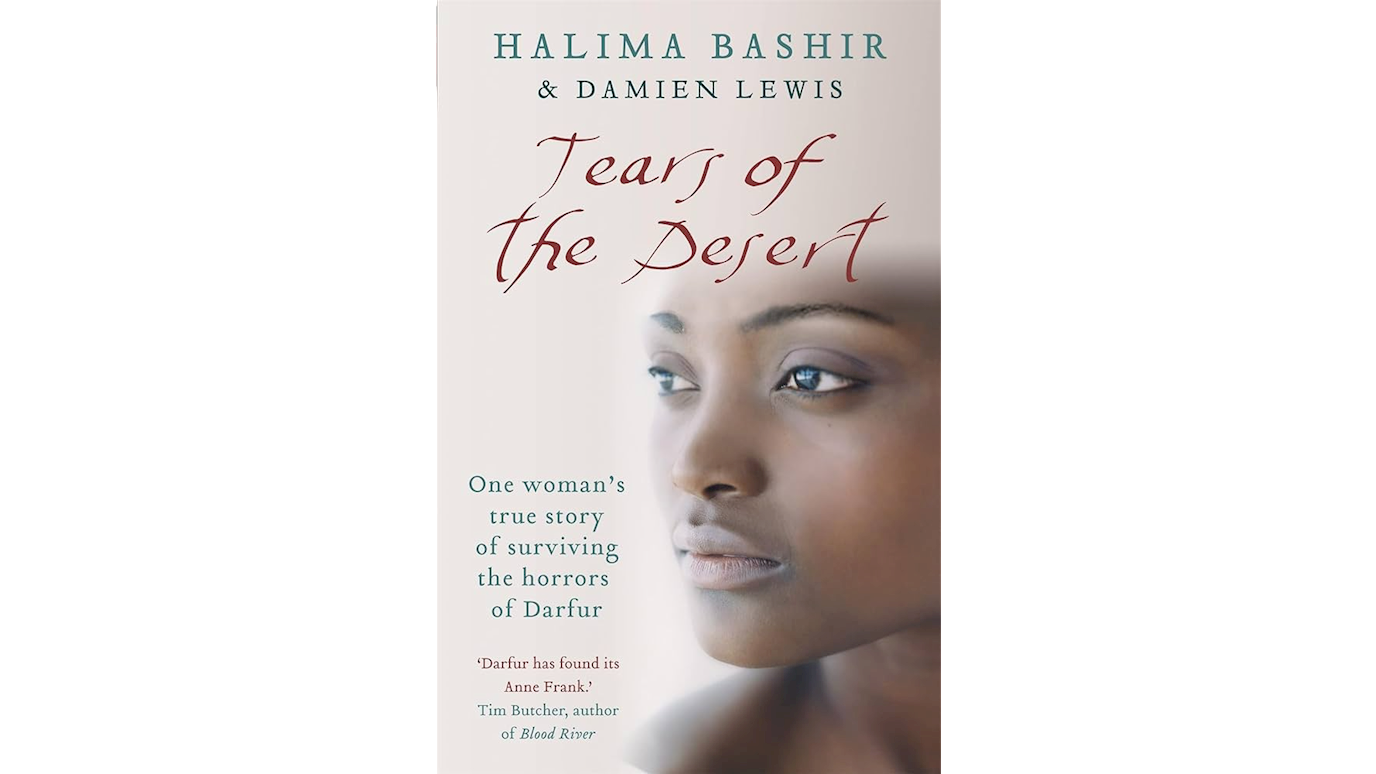By Professor Jill Marshall and Dr Irene Antonopoulos, Law Rights and Freedoms Research Cluster and Module Leaders for International and Comparative Human Rights Law. International and Comparative Human Rights Law is a 30-credit optional undergraduate module, offered to second and final-year students. In 2023-2024, we included the Human Rights Law Project for the first time. The Human Rights Law Project involved students choosing a film, novel, or music of their choice and connecting it to legal topics studied. Students chose, amongst other things, Brave New World, Nineteen Eighty-Four, The Duchess of Malfi and 'Sanarjiou' by Fairuz. Professor Marshall’s work on Law, including human rights laws, and the Humanities seeks to humanise law, adding flesh to the abstract human in our everyday spaces which literature, film and music can ethically and creatively achieve. Dr Antonopoulos has previously worked on the reliance on human rights as a global language of morality in support of the vulnerable through cross border human rights challenges. We therefore sought to enrich the student experience with these insights applied to the Human Rights Law Project. What is the Human Rights Law Project? Seminar Discussions and Presentations Each week when discussing human rights topics such as the UN global human rights framework, freedom of thought, belief, religion, speech, and privacy, students related those rights to their own Project. This encouraged all students to participate with their own unique insights and contributions. Students were asked to give a short presentation in the weeks after Reading Week in the Autumn term. Many excelled in doing this, with impressive use of source materials and visuals. One volunteered and presented to the lecture cohort rather than the smaller tutorials/seminars. All of us benefited from the knowledge concerning the choices for Projects and their connections to the module. Assessments and Blog The students had to apply the Human Rights Project to the topics studied as part of their first summative assessment submitted after the Christmas break. These were generally done well with good application and analysis. During Spring term, the students were encouraged to write a 500-word blog for selected publications on the Law and Criminology department website and an explanation of the Human Rights Project portrayed online. The relevance of human rights law to everyday lives, a sense of empathy, compassion, and understanding of the connections between each student’s perspectives and the module, linked to Human Rights Law’s core purposes of upholding human dignity, freedom and global solidarity, shone through in their tutorial/seminar discussions, presentations in class, written work in the first summative assessment, and blogs. Well done to all students, participants of the Blog entries, and to the winner of the Blog entry, Kristina Russell, published below!

Book cover
‘Tears of the Desert’ and Human Rights Law
By Kristina Russell, 3rd year Law Student
‘Tears of the Desert’ is a powerful memoir of Halima Bashir’s experience during the horrific genocide in South Darfur, Sudan. Co-written by Damian Lewis, the memoir details Halimas’ journey from growing up in the remote western deserts of Sudan to becoming the first qualified doctor of the Zaghawa people. When militias ‘began savagely attacking her village, gang-raping school girls and innocent women’, Halima found herself on the frontlines trying to save the lives of her once flourishing tribe. She spoke out to the Sudanese newspapers and the UN but was kidnapped, raped and tortured. Escaping her kidnappers, Halima fled to the UK where she now works with charities fighting against genocide and torture. The truly harrowing nature of this memoir is an uncomfortable read, though as Elie Wiesel once said, ‘For the dead and the living, we must bear witness. Not only are we responsible for the memories of the dead, but we are also responsible for what we do with those memories’ and ‘Education is the key to preventing the cycle of violence and hatred’.
Halima’s experience draws on many issues of Human Rights violations including gender-based violence. CEDAW’s General Recommendation No.19, 1992 (Convention on the Elimination of All Forms of Discrimination Against Women) defines gender-based violence as a form of discrimination exclusively experienced against women. However, the Inter-Agency Standing Committee made clear that men and boys can also fall victim to gender-based violence and in particular, sexual violence.
Gloria Gaggioli stated that ‘sexual violence is one of those areas where the different international law branches echo and reinforce each other providing essential complementarity’ (Gaggioli, 2014). What provisions under Human Rights law protect against sexual violence during armed conflicts? Provisions of
International Humanitarian Law (IHL), specifically the four Geneva Conventions and three additional protocols, a collection of miscellaneous provisions from several Human Rights Treaties such as the prohibition of torture or cruel, inhumane or degrading treatment or punishment as well as other relevant rights, all serve as protection against sexual violence during armed conflict. Gaggioli deemed the legal framework as ‘imperfect’ yet ‘strong’ with much-needed improvement concerning the implementation of these various provisions. She suggested that, without implementation on a domestic level, these provisions will be useless. However, research conducted in 2014 shows that 52.3% of Sudan’s population is multidimensionally poor (deprivation of health, education, and standard of living) and 17.7% were vulnerable to this level of poverty. A country that cannot provide essential resources, such as clean water and food, cannot provide a strong domestic legal framework. This means that the international provisions against sexual violence will be useless in Sudan if there is no means to uphold them domestically. The inaccessibility of protection and justice for these crimes in poorer countries highlights a discriminatory aspect of human rights. Access to these provisions is a luxury only enjoyed by the resource-rich countries. Consequently, it leaves victims such as Halima and those she has written about, in a position without protection of their human rights and access to justice.
























